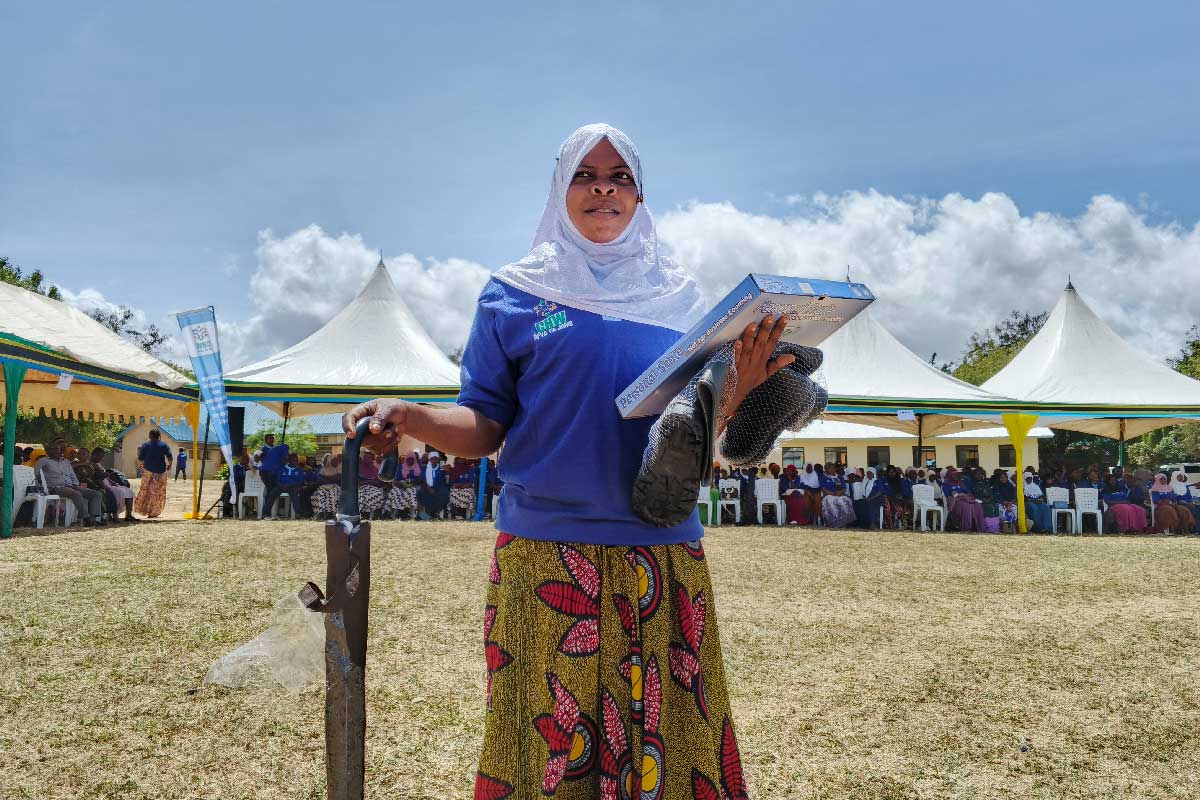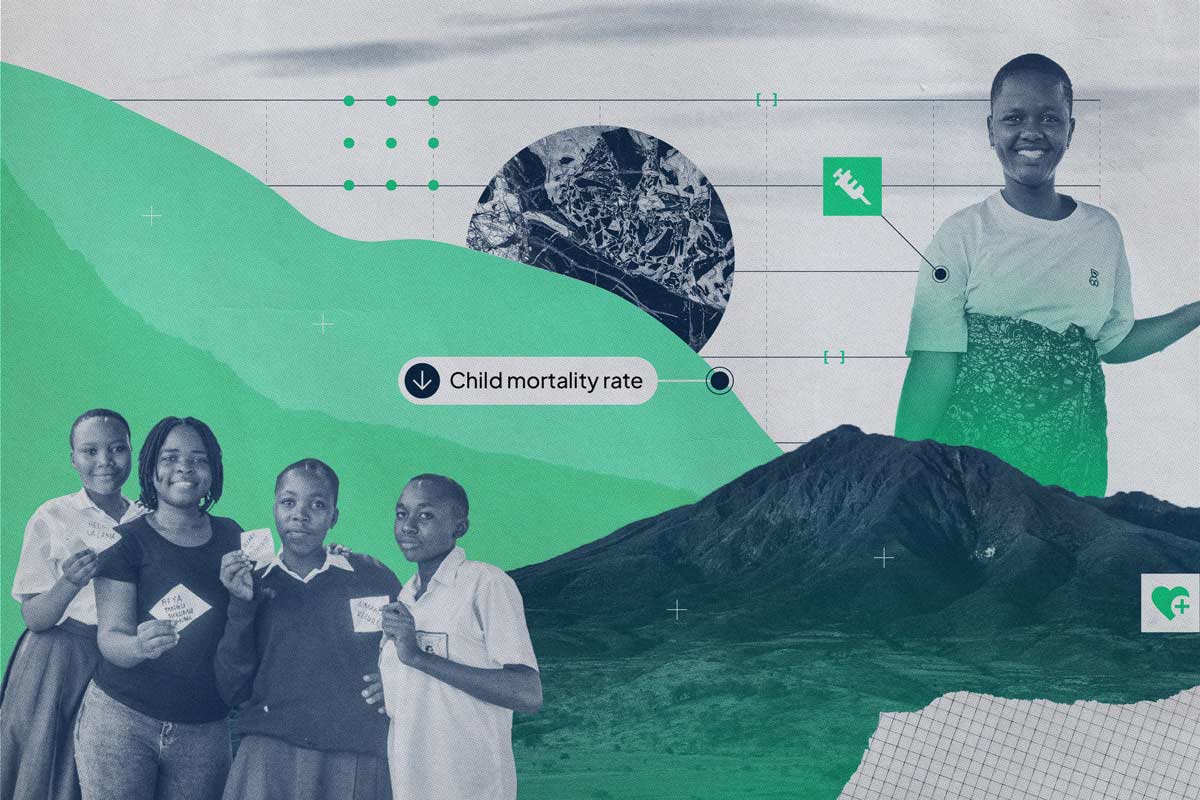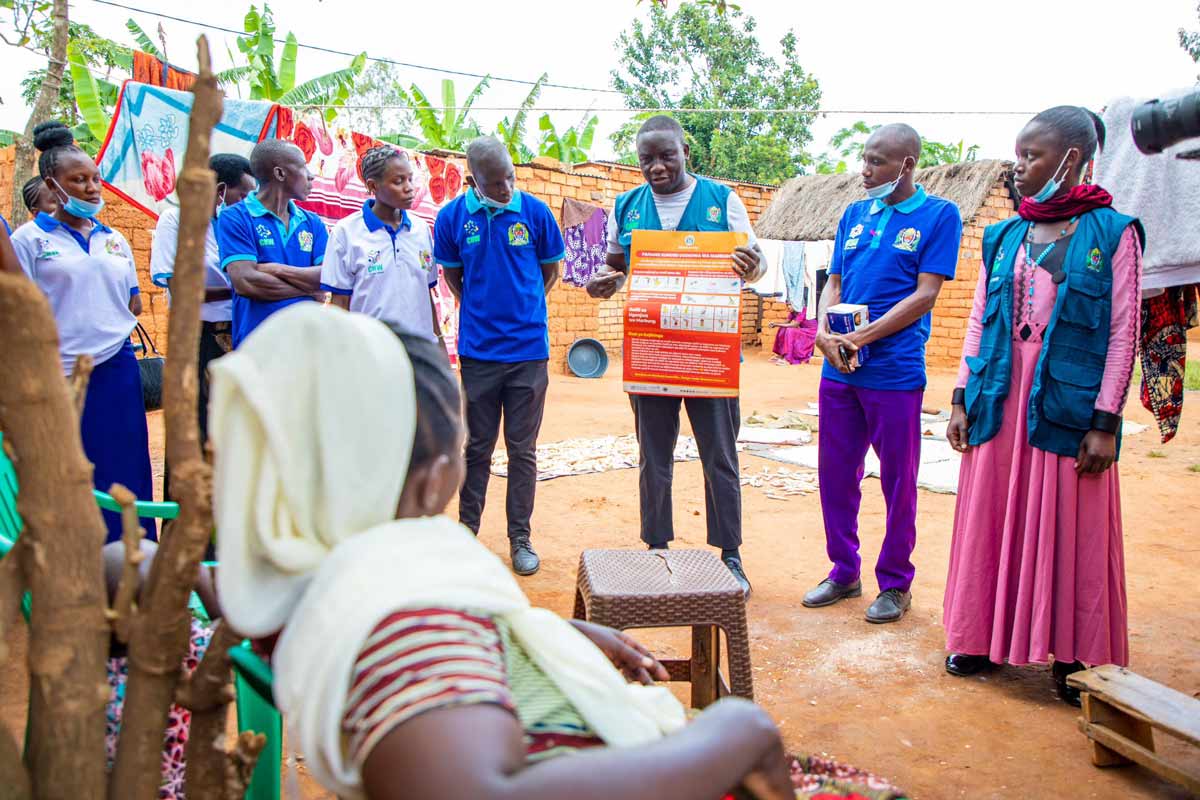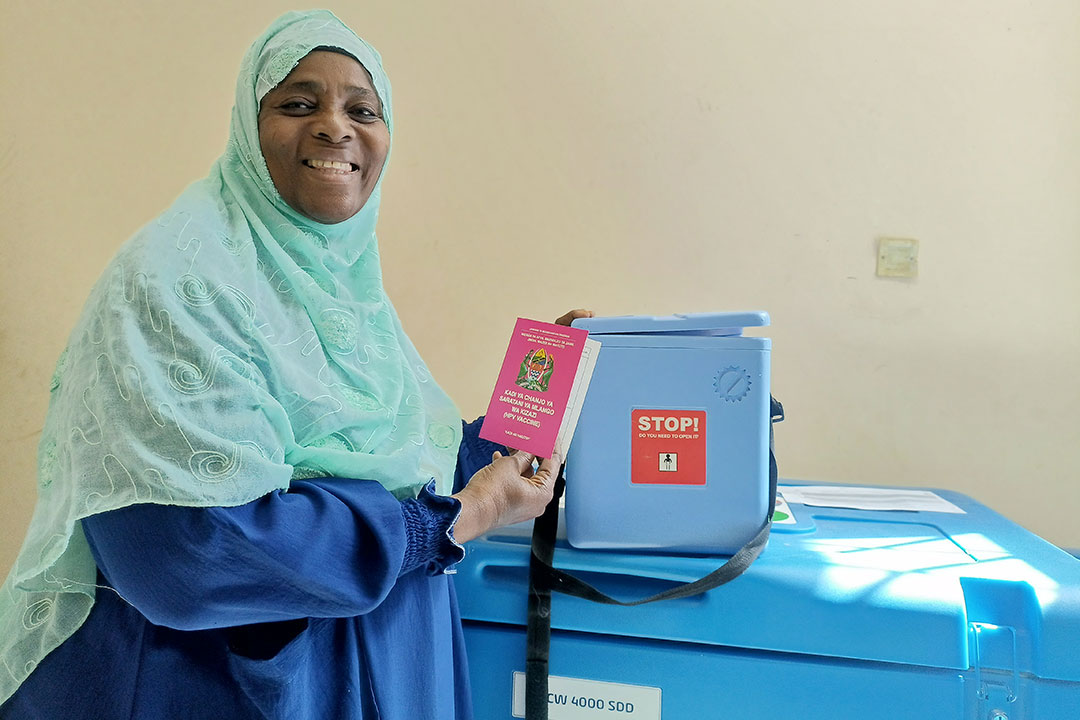Tanzania’s polio vaccination drive registers success despite misinformation concerns
To pre-empt a possible outbreak after neighbouring Malawi registered its first polio cases in three decades, Tanzania is going door-to-door to vaccinate its children.
- 5 July 2022
- 4 min read
- by Syriacus Buguzi
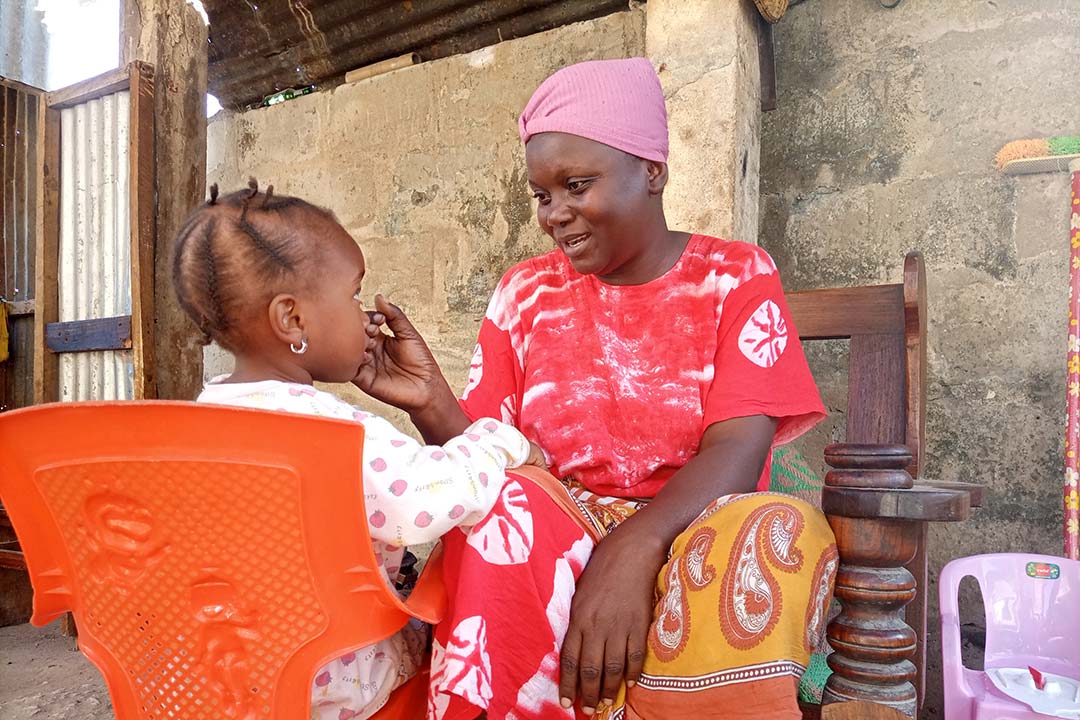
Tanzania is vaccinating children under the age of five against polio as part of a wider vaccination drive in the region, designed to contain the outbreak of wild poliovirus reported in Malawi in February.
The vaccination programme – which is supplementary to routine immunisation schedules – comes at a time when misinformation, fuelled by anti-vaccine sentiments about COVID-19, is still rife in the country.
The World Health Organization confirmed the outbreak of polio in Malawi – the first in the country for 30 years – after a three-year-old girl developed acute paralysis. The patient’s samples have been genetically linked to samples of patients analysed in Sindh, a province of Pakistan where the wild poliovirus type 1 is endemic.
Tanzania was certified polio free on 18 December 2015. Issa Amri Shauri was the last person in the country diagnosed with polio, after contracting the disease in 1996 at the age of three.
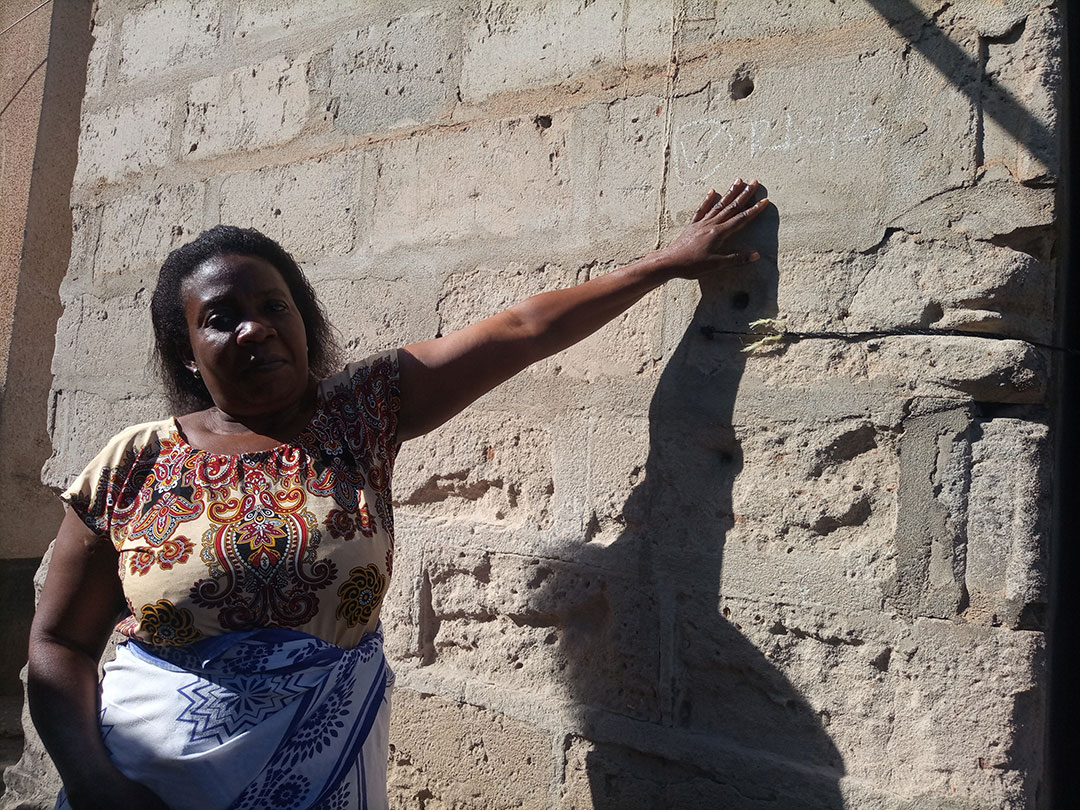
Shauri was invited to Dodoma in May to speak at a public event to launch the country’s second round of the vaccination campaign to halt the polio outbreak through effective vaccination.
Amina Balama, a 38-year-old resident of IIala District in the commercial capital Dar es Salaam, was oblivious to the outbreak in Malawi. But she wasn’t surprised when a community health worker passed by her neighbourhood to educate her and the rest of the community on supplementary polio vaccination.
Tanzania has one of the highest vaccination coverage records in Africa, but one in four of its children remain not fully vaccinated.

In addition, mothers from the urban areas, like Balama, are more likely to be better informed about vaccines compared to their rural counterparts, according to a study published in BMC Public Health.
On 18 May, when Tanzania entered the second round of the supplementary polio vaccination campaign, a community health worker accompanied by a local leader arrived at Balama’s home. It was her household’s turn, in particular her three-year-old child, to receive drops of bivalent oral polio vaccine in the door-to-door campaign that targeted 10.6 million children under five years of age across 195 districts.
"I have three children. There has never been a time when I have seen health workers bringing polio vaccines to our homes, until now. We are used to taking our children to the clinic," she says, explaining that the door-to-door polio vaccination approach triggered fears in her community that the vaccines weren’t safe.
Have you read?
"Some of my neighbours were questioning why the vaccines were being brought to our homes. They were suspicious that these vaccines are intended to make our children infertile in the future. But a community health worker gave us the right information and many mothers, including myself, agreed to have our babies vaccinated,” she adds.
The vaccination programme – which is supplementary to routine immunisation schedules – comes at a time when misinformation, fuelled by anti-vaccine sentiments about COVID-19, is still rife in the country, prompting a mass awareness campaign to stem widespread misconceptions about vaccines in communities.
The campaign has made a difference, as 12.4 million children have been vaccinated so far – nearly two million more than the target figure – according to the Ministry of Health.
Dr Florian Tinuga, Tanzania’s Immunisation Vaccine and Development Programme Manager, says that the vaccination teams have had to reassure anxious mothers who are oblivious to the Malawi polio outbreak and the newly introduced vaccination drive by disseminating the right messages to them through mass media.
This includes "reassuring the public that the vaccines [being advocated] for the polio campaign are the same as those usually offered at health facilities during routine vaccination”.
Tanzania is gearing up for the next rounds of vaccination, with the third round planned for July and the fourth round for August. This is according to Dr Isihaka Mwandalima, a Public Health Specialist at the United Nations International Children's Emergency Fund (UNICEF), who are collaborating with the Tanzanian government to implement the supplementary vaccination campaign.
During the first round of the campaign between 24 and 27 March, the vaccination programme reached more than one million children in four regions that border with Malawi: Mbeya, Njombe, Ruvuma and Songwe.
"To ensure no child is missed during the campaign, community health volunteers make sure all households are visited and mark appropriately to indicate whether the household has under-five children and if all of them have received vaccinations or if the household is not compliant," says Dr Mwandalima.
Despite the major success of the campaign, Dr Mwandalima says, "some members of communities were refusing to take the vaccine during the campaign, while some areas are very hard to reach due to the distance and poor infrastructure. This means reliable transport is required, which is not always available.”
Despite this, the campaign has, so far, been considered a success.
"The overall expectation of the campaign is to ensure more than 90% of the children under five years of age are reached and fully vaccinated,” Dr Mwandalima says.
